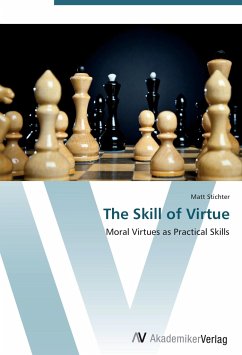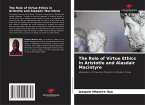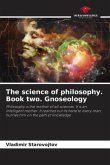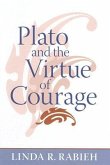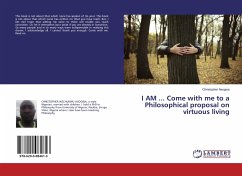Revision with unchanged content. The concepts of 'virtue' and 'the virtuous person', despite their prominence in cur rent ethical theory, are still not well understood. Although the virtuous person is defined as someone who knows how to act in a morally appropriate way and is reliable in acting accordingly, it is usually mysterious how an ave rage person could ever achieve such an ideal state. Accounts of virtue have left readers with the impression that the virtuous person is an unattainable ideal or just psychologically implausible. This book argues that reviving the ancient Greek idea that virtues are similar to practical skills can provide a more plausible account of virtue and the virtuous person. The moral know ledge of the virtuous person is analogous to the practical knowledge of an expert in a skill. Learning how to be kind or honest turns out to have a lot in common with learning how to drive or play chess. The research on practical skills can illuminate the otherwise murky aspects of virtue, and so the skill model of virtue offers the most promising direction for contemporary virtue theory. This book is addressed to researchers in both philosophy and mo ral development.
Hinweis: Dieser Artikel kann nur an eine deutsche Lieferadresse ausgeliefert werden.
Hinweis: Dieser Artikel kann nur an eine deutsche Lieferadresse ausgeliefert werden.

